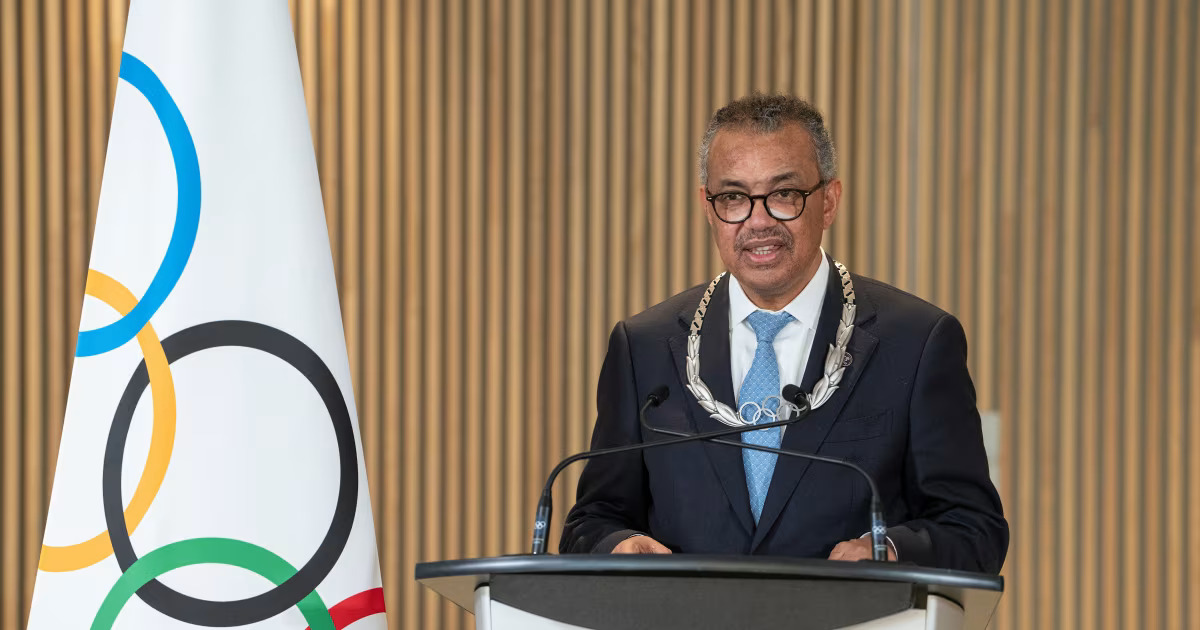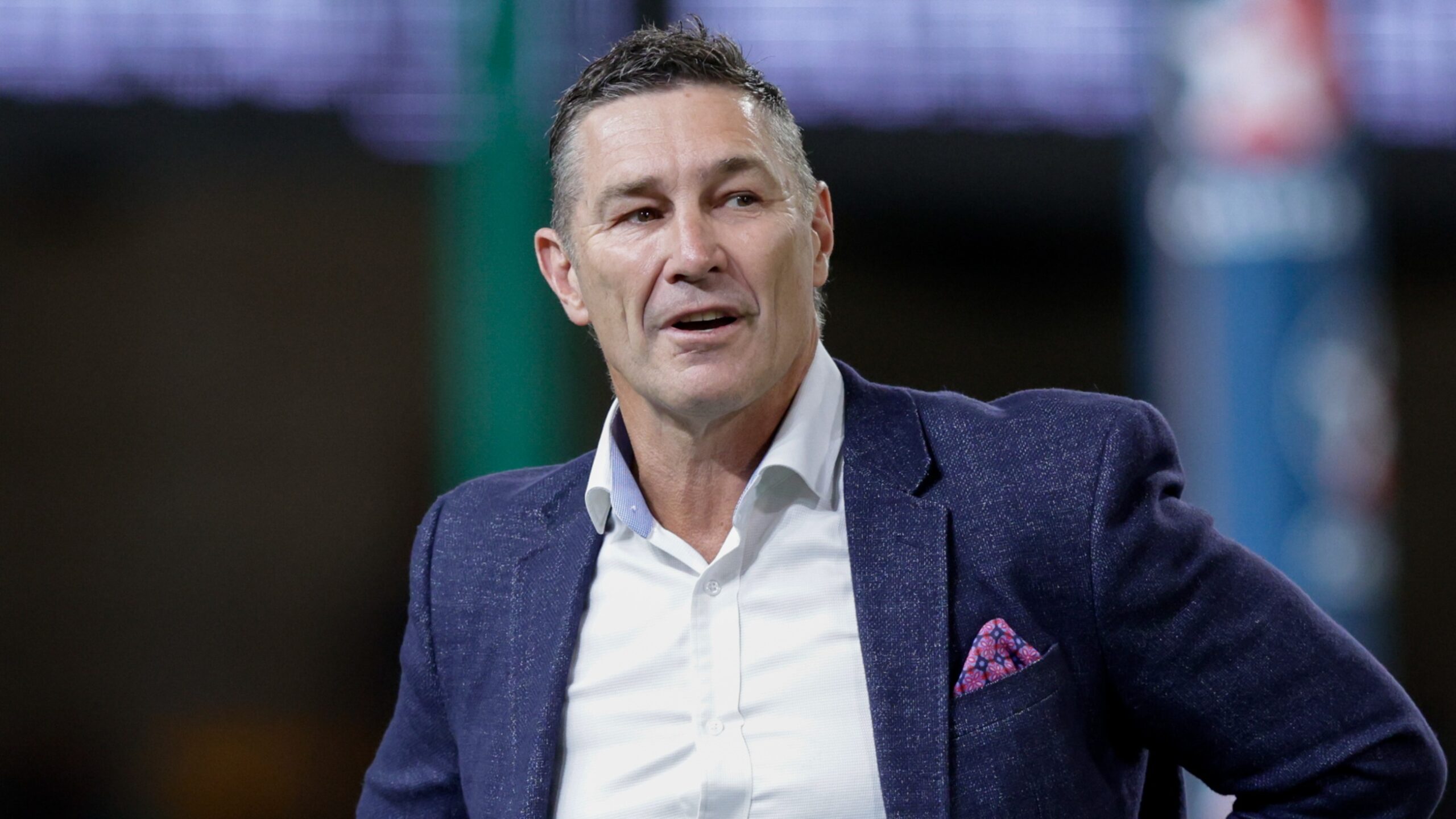International Olympic Committee Commended by World Health Organization

The World Health Organization (WHO) has acknowledged the International Olympic Committee’s (IOC) collaboration in navigating the complexities of hosting major international sporting events during a global health crisis.
This partnership, alongside Japanese and Chinese authorities and public health experts, facilitated the successful delivery of the Tokyo 2020 and Beijing 2022 Olympic Games, establishing benchmarks for large-scale event operations under significant health constraints.
The collaboration shows the role of robust multi-stakeholder partnerships in ensuring event continuity, safeguarding participant well-being, and protecting the commercial investments associated with major global spectacles.
The implementation of stringent COVID-19 preventative measures demonstrated a capacity for adaptability and risk management that is pertinent for future event planning and insurance considerations within the sports industry.
Beyond crisis management, the WHO highlighted sport’s broader potential as a catalyst for public health. The joint “Let’s Move” campaign, launched in 2023 by the IOC and WHO, aims to integrate physical activity into daily routines, leveraging athletes as advocates.
This initiative presents an avenue for sports organisations and rights holders to attract new funding streams from health sectors and enhance their social impact portfolios, appealing to a wider range of corporate partners.
A tangible outcome of this partnership is the commitment for daily physical activity program in all French schools, a legacy initiative tied to the upcoming Paris 2024 Olympic Games.
This development illustrates how major sporting events can influence public policy, potentially leading to increased grassroots participation and long-term talent development pathways, which are vital for the sustained health of any sport.
To further these objectives, the WHO has launched its “Sport for Health” program.
This initiative seeks to embed health considerations across all levels of sport, from elite competitions to community participation, by promoting healthier food environments, supporting mental well-being, fostering tobacco-free venues, and enhancing health security.
Such programs offer clear value propositions for host nations, sports federations, and health-focused entities looking to align with impactful, health-centric platforms.
The WHO’s statement also acknowledged Thomas Bach’s leadership during a period of significant Olympic reform and global challenges, noting his role in shaping the Olympic Movement’s advocacy for inclusion and sustainability.
The upcoming transition in IOC leadership to Kirsty Coventry is a governance point that will be observed for its implications on future strategic priorities and partner engagement within the global sports landscape. This sustained focus on sport’s societal contribution alongside its competitive elements marks a continued evolution in its commercial and strategic positioning.
Don’t miss out on the latest in sports business – Subscribe today to the free Ministry of Sport newsletter and stay ahead of the game. For even more exclusive insights, event tickets, professional development and networking events, become a MoS Member today!.
Similar Stories

Arizona Diamondbacks Collaborates with OneCourt to Introduce Tactile Sports Broadcast
The Arizona Diamondbacks Foundation has partnered with OneCourt to launch tactile sports broadcasts...

Stream Hatchet Secures Data Deal with Esports World Cup
Stream Hatchet has officially been appointed as the Official Data and Insights Partner...

NRL CEO Announce the Addition of New NRLW Teams
NRL CEO Andrew Abdo has declared the NRLW's expansion to 12 teams will...
It's free to join the team!
Join the most engaged community in the Sports Business World.
Get all the latest news, insights, data, education and event updates.






